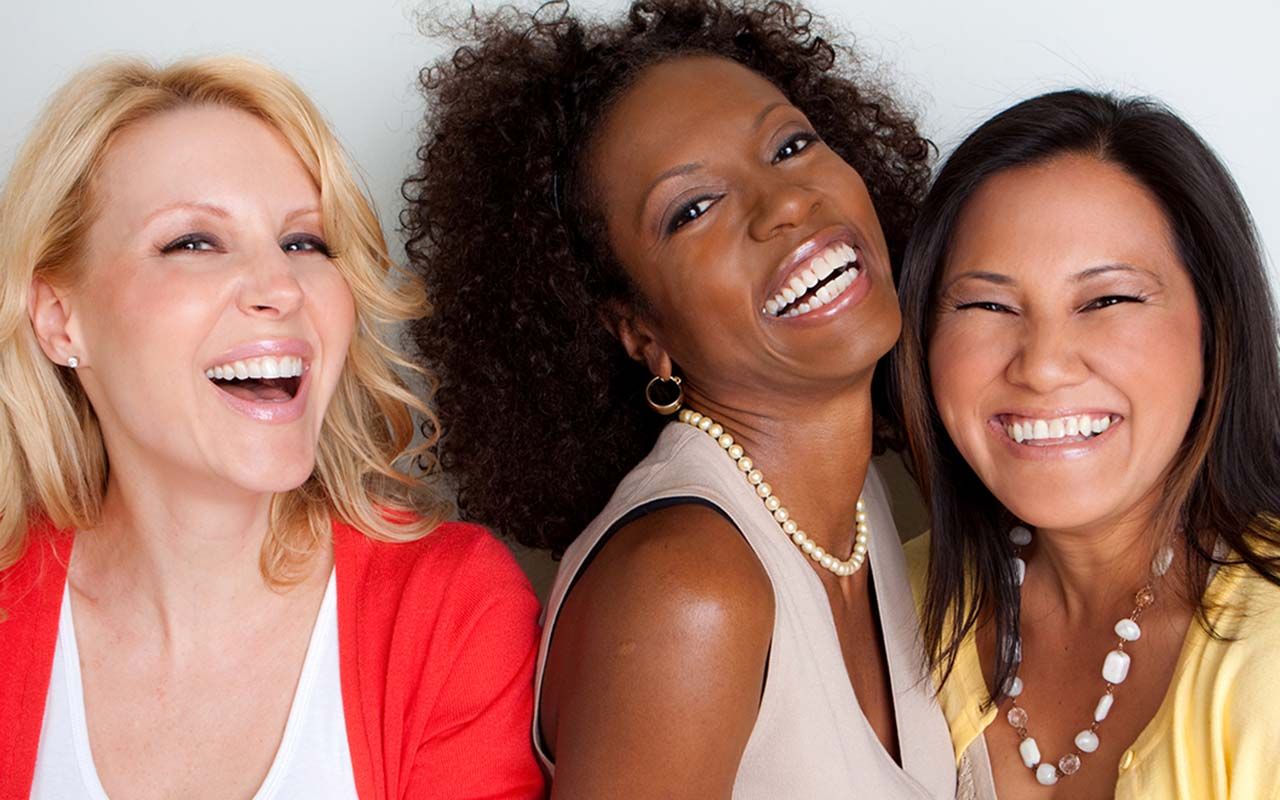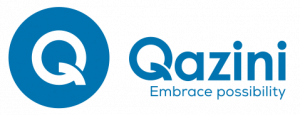
"My Journey in Conservation Has Been My Greatest Gift", Dr. Winnie Kiiru on Speaking up for the Unheard
31st March, 2022 at 2:03PM
Founder of CHD Conservation Kenya and Director of Government Relations at Elephant Protection Initiative, Dr. Winnie Kiiru, has been working in conservation for 25 years. Her field experience in Kenya and beyond has helped her understand the complexities of managing wildlife in human-dominated landscapes. She believes that we are losing our wildlife because everyday decisions are made without compassion. To this end, Winnie's approach towards wildlife conservation is driven by compassion, both for the people and the wildlife.She shares her story with Damaris Agweyu.Winnie, you come across as a very self-assured woman who is not afraid to use her voice. Does this come naturally to you?As a child, I was always asked to speak on behalf of others. Maybe this was a result of being the firstborn.My mother had me before she got married; my siblings were born when I was around six years old. I never had the luxury of being childish. I learnt that unless I spoke up, and very quickly, I would bear the brunt of my younger siblings' mistakes. I later realised that I had the gift of communicating, not just my thoughts, but those of other people as well.It was high school that crushed me.I realised there was a way I "needed" to look to be accepted. My skin needed to be lighter, my hair longer. My schoolmates told me I had knocked knees, something I hadn't previously considered. I got a lot of mean comments. But then again, I gave as good as I got. That being said, at the end of high school, I didn't get the grades to do anything I wanted. I had lost my voice.What was it that you wanted to study?I thought maybe I'd have made a great lawyer.I went to university kicking and screaming because, first of all, I had to go to the National Youth Service, which was brutal. Secondly, I was going to train to be a teacher. I never wanted to be a teacher.As soon as I completed my university degree, I got married. I didn't have the confidence of my earlier years, so I didn't choose, I was chosen. It makes me a little sad because I saw what was happening around me, but I didn't have a voice. What I did have was resilience, the ability to stick it out.It was when I started working in conservation that I started finding my voice again. Staying in the bush for extended periods gave me a new sense of freedom. I found the thrill that I'd been missing through high school, through university, and into marriage. And that continued as I went to study for my master's degree.How did you transition into the world of conservation?I was just doing life, and when I found myself in a space that energised me, I immersed myself in it.My journey in conservation has been my greatest gift because it opened up a whole world that I would wish for any woman. I've had a privileged life in that way.When I completed my master's degree, I got a job at Kenya Wildlife Service. With time, I got a bit disillusioned with this job and decided to shift gears into the world of multilevel marketing. I was using a different energy in this space, and while I excelled at what I did, I started to feel a little insecure again.I finally found my way back into conservation through a job with the Born Free Foundation. It gave me a lot of opportunities to travel and speak. I would give talks at fundraising events with serious heavy hitters, and in that process, it occurred to me that I was good at this. It built up my confidence.My job didn't pay a lot, but it gave me a lot of exposure. At some point, I decided to leave my job and go to write my PhD. I applied to Kenyan universities but didn't get accepted. Then I spoke at an event at the Royal Geographic Society in London. Afterwards, a couple in the audience followed me and asked how much money I needed to put more research into the address I had given. I told them, and they wrote a cheque to fund my research. They asked for nothing in return. I ended up doing my PhD at the University of Kent with additional support from Born Free Foundation.Going for my PhD was one of the most challenging things I've ever done. I see this as a time when I gained a doctorate but lost everything.Meaning?When I came back, I had to go back to the drawing board. Once again, my confidence was shattered.I have two boys who I lost in a sense because of my long absence from home. I had to ask my long-term house-help to leave at some point, and my younger son was not happy about this. His reaction made me feel like I had been replaced. That hurt like hell. My eldest son had done his A levels in South Africa and was going to university in the US. My absence had resulted in his lacking confidence.It took a lot of work to rebuild, in my children, the assurance that I was still their mother, who loved them unconditionally and cared that they succeeded.Knowing what you know now, what would you do differently?What has made me who I am is that I dared to take this academic journey. The only thing that I would do differently would be to get insights from people who had done the same thing. That way, I may have been a lot less surprised at the end of my experience.I had illusions that once I finished my PhD, I would automatically get a job. This wasn't the case. I taught at the university for three years without pay. During this period, I underwent some severe PhD poverty, as some called it. My financial situation was so dire that I had to borrow money to buy a ticket to get to my graduation.I had no idea how my home situation would change and how my children would be affected. Writing a PhD takes a lot, and you have to put other commitments on the back burner for a while. In the meantime, life goes on. Some people in your life will become resentful, some will be understanding, and some will be helpless.People assumed that because I was in England, I was okay. But I was suffering from the loneliness that comes from being away from home and from the racism. I was not okay, and it was not easy.What would I do differently? I would communicate more.Read full story on www.qazini.com→Qazini is a resource for anyone who is looking to improve their professional lives so they can raise their level of prosperity. We provide you with information that can help you on your journey to executing your dreams, we match employers with the right candidates for the job and job seekers with work that is the right fit for their skills.

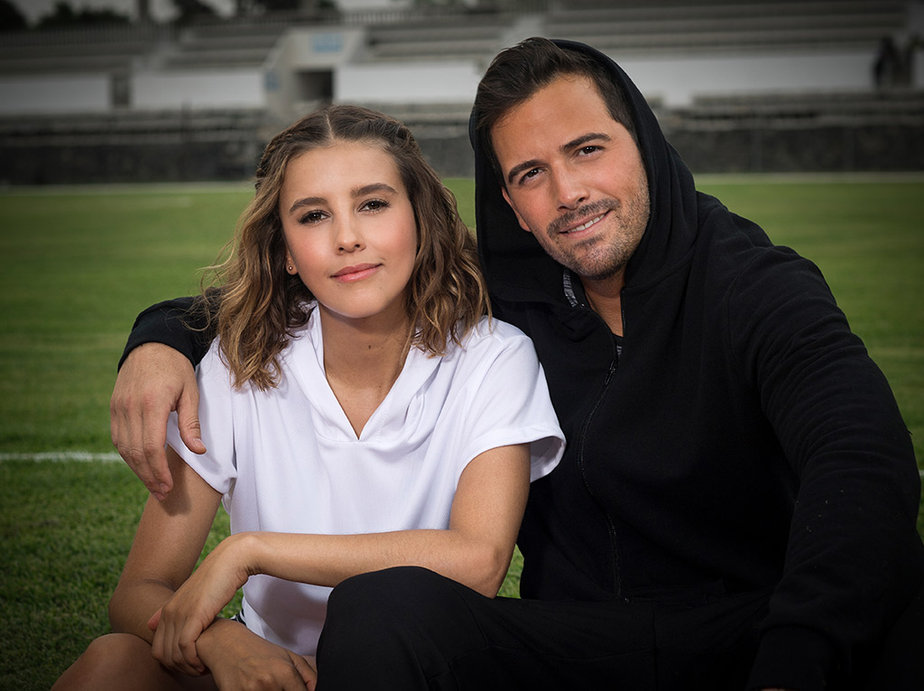
7th June, 2018 at 10:43AM
The Flight to Victory Delivers an Unforeseen Plot Twist in Finale
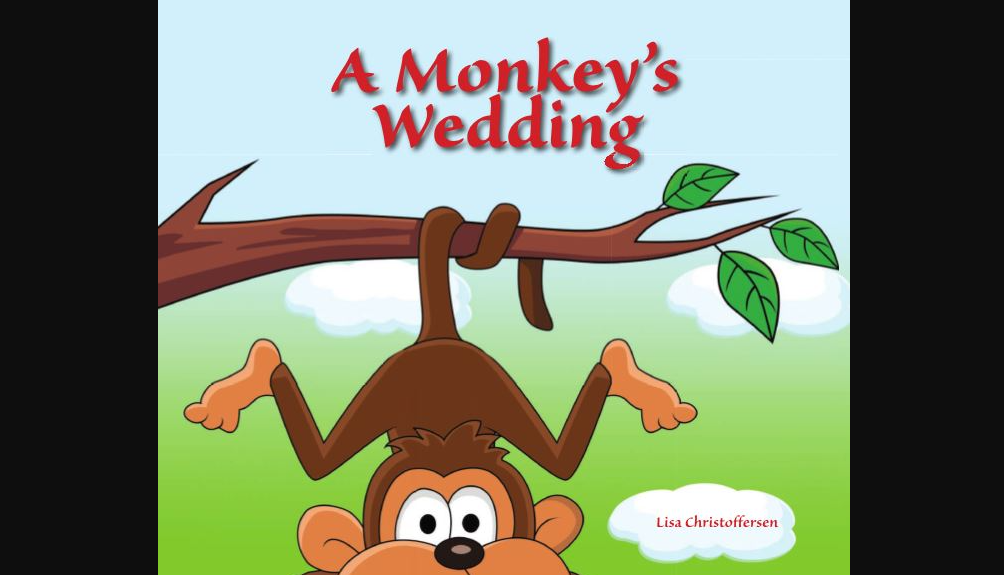
15th March, 2022 at 9:59AM
Children's Book: 'A Monkey's Wedding' by Lisa Christoffersen
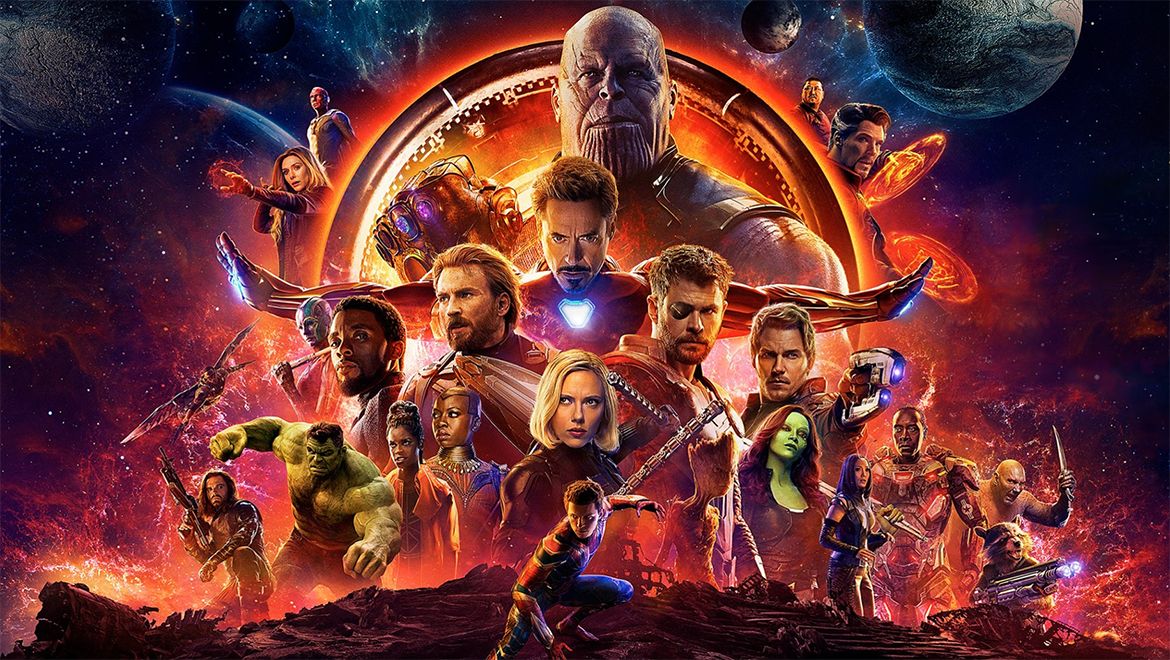
26th March, 2018 at 4:37PM


